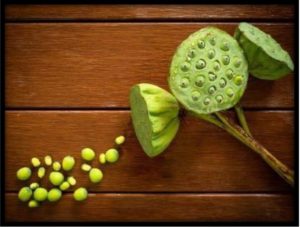

by Lydia Holley November 23, 2020
What is in a seed? Always, it holds hope. Depending on the seed, it can hold other things, too. Sometimes, it is friendship. I was gifted some four o’clock seeds by fellow Master Gardener Claudia Durham. After they are growing in my garden, I will think of her whenever my four o’clocks bloom.
The seeds she gave me are fresh as she had just harvested them. Therefore, they should have a high germination rate. When you purchase seeds, many times they have a date stamped on the package which indicates the recommended planting year. This date is not an expiration date, although the older the seed, usually the lower the germination rate.
How long will a seed be viable? It depends upon the seed, but it may be longer than you might think. In 2012, Russian scientists grew a type of campion from seeds found encased in permafrost which were 32,000 years old. These seeds, however, are considered regenerated since they used tissue cultures and a special propagation technique to make the immature seeds viable.
The Guinness World Record holder for the oldest germinated seed is a date palm grown in 2005 from a seed discovered in the 1960s. Although it was found at that time during an excavation of Masada, the seed itself was 2,000 years old.
Perhaps it was the desert climate where Masada is located that helped preserve the seeds. Masada is a mountainous fortress 1,300 feet above the Dead Sea on the edge of the Judean desert. Originally built by Herod the Great, it is most famous for the siege which lasted several months and the mass suicide of those who refused to become Roman slaves. Scientists believe the seed may have been from around that time. This particular date palm seed came from an extinct species, at least it was before the seed’s germination. What is in a seed? Many times, it is nourishment. It is interesting to think that one day we might be able to purchase fruit grown from a plant previously considered extinct.
Before the date palm seed was successfully grown, the oldest known seed to germinate was a 1,300-year-old lotus found in a China lakebed. Lotus seeds are generally considered to have a 20-year viability, but scientists have also grown lotus from seeds up to 700 years old, finding an 80 percent germination rate on a group of seeds close to 500 years old.
Even the lotus plant itself can live up to 1,000 years and is considered by many to be a symbol of longevity. Microbiologists are now studying lotus genetics for possible anti-aging solutions. What is in a seed? Perhaps the fountain of youth.
For more information, call 903-675-6130, email hendersonCMGA@gmail.com.
Follow us on Facebook: https://www.facebook.com/HCmastergardener.